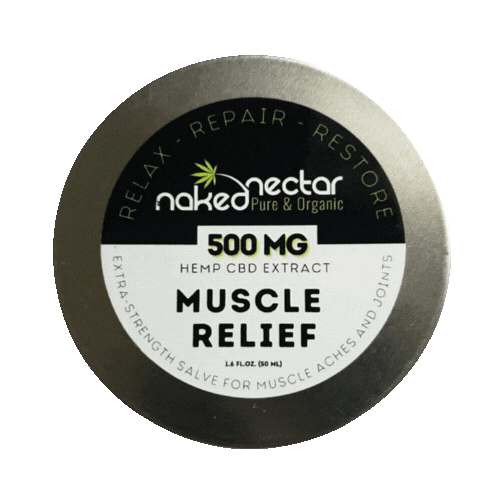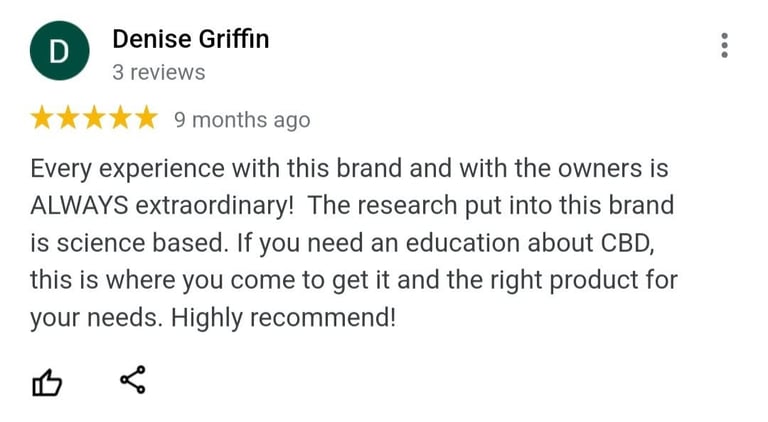
Naked Nectar CBD:
Curious about plant-powered care? Our premium Hemp CBD salves are crafted to bring a clean, natural alternative into your daily routine.
Nature's Answer
Move Freely Again, Like You Used To


Designed for direct application
Smooth, easily absorbable texture
Provides a soothing, relaxing effect
Lab tested for safety and quality


500
10+
botanicals & essential oils
mg of hemp extract
Full Spectrum
Muscle Salve
Our customers say...




CBD for Seniors is a hot topic in the news!
The latest research is endorsed by The Commonwealth Project and the current US Administration.


Ready to join the 60% of U.S. adults who have tried CBD for relief and wellness? Experience the soothing power of Naked Nectar salve—add to cart and feel the difference for yourself!
Subscribe to our newsletter
Enjoy exclusive special deals available only to our subscribers.
980-272-7171
info@naked-nectar.com
Charlotte, North Carolina


